The Environmental Protection Agency (EPA) and the United States Justice Department issued the largest fine ever for pollution after an oil and gas company put local communities at risk.
The whopping $64.5 million punishment was handed down this week after it was confirmed that the company knowingly dumped chemicals and pollutants violating the Clean Air Act (CAA).
The Company
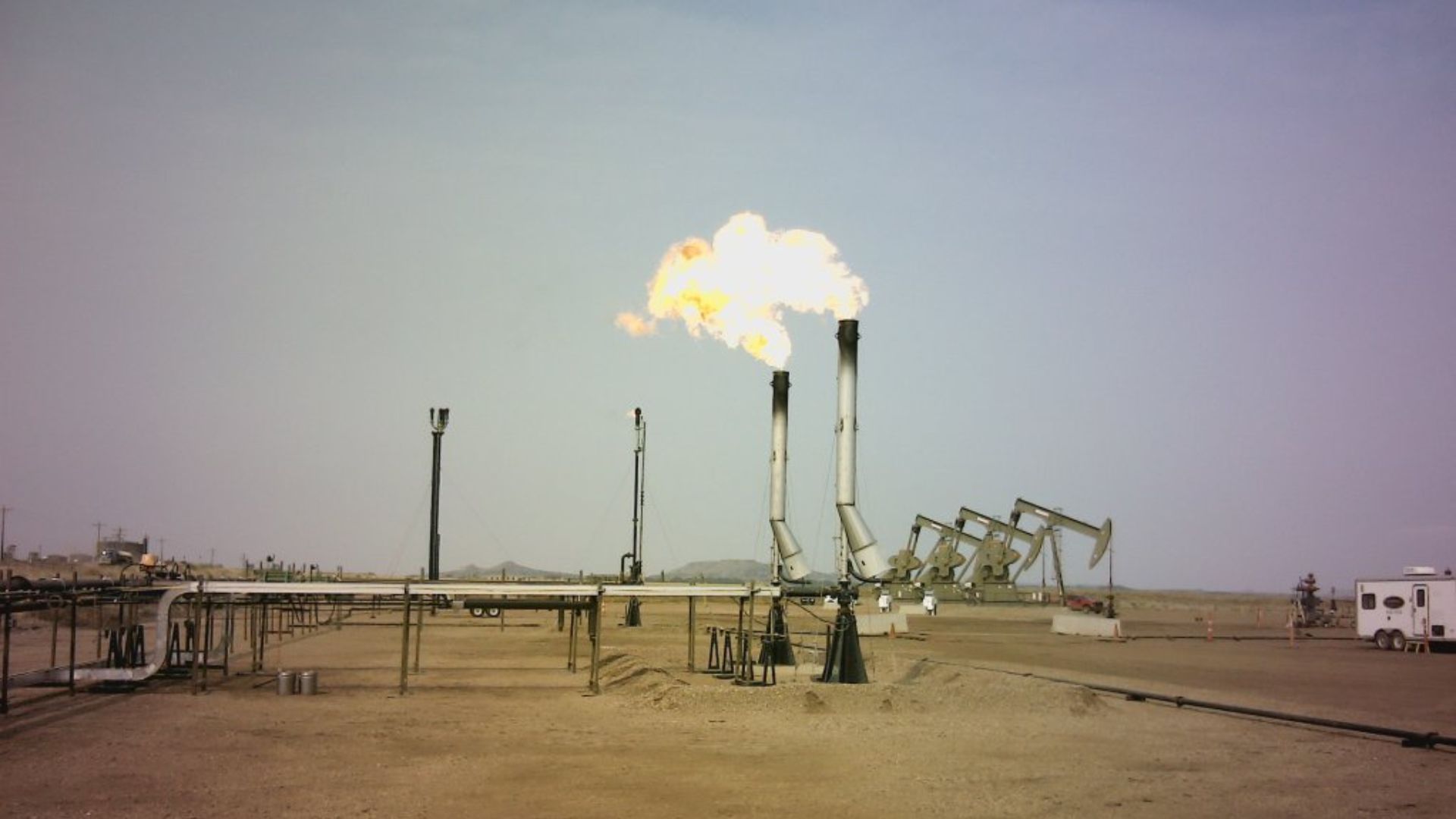
Marathon Oil is at the center of a massive scandal and will owe the government upwards of $250 million in total fines.
The company is an oil and gas corporation specializing in the exploration and production of petroleum and oil. Founded more than 100 years ago in Houston, Texas, it has been at the forefront of energy creation, but often to the detriment of the environment.
The EPA’s Allegations
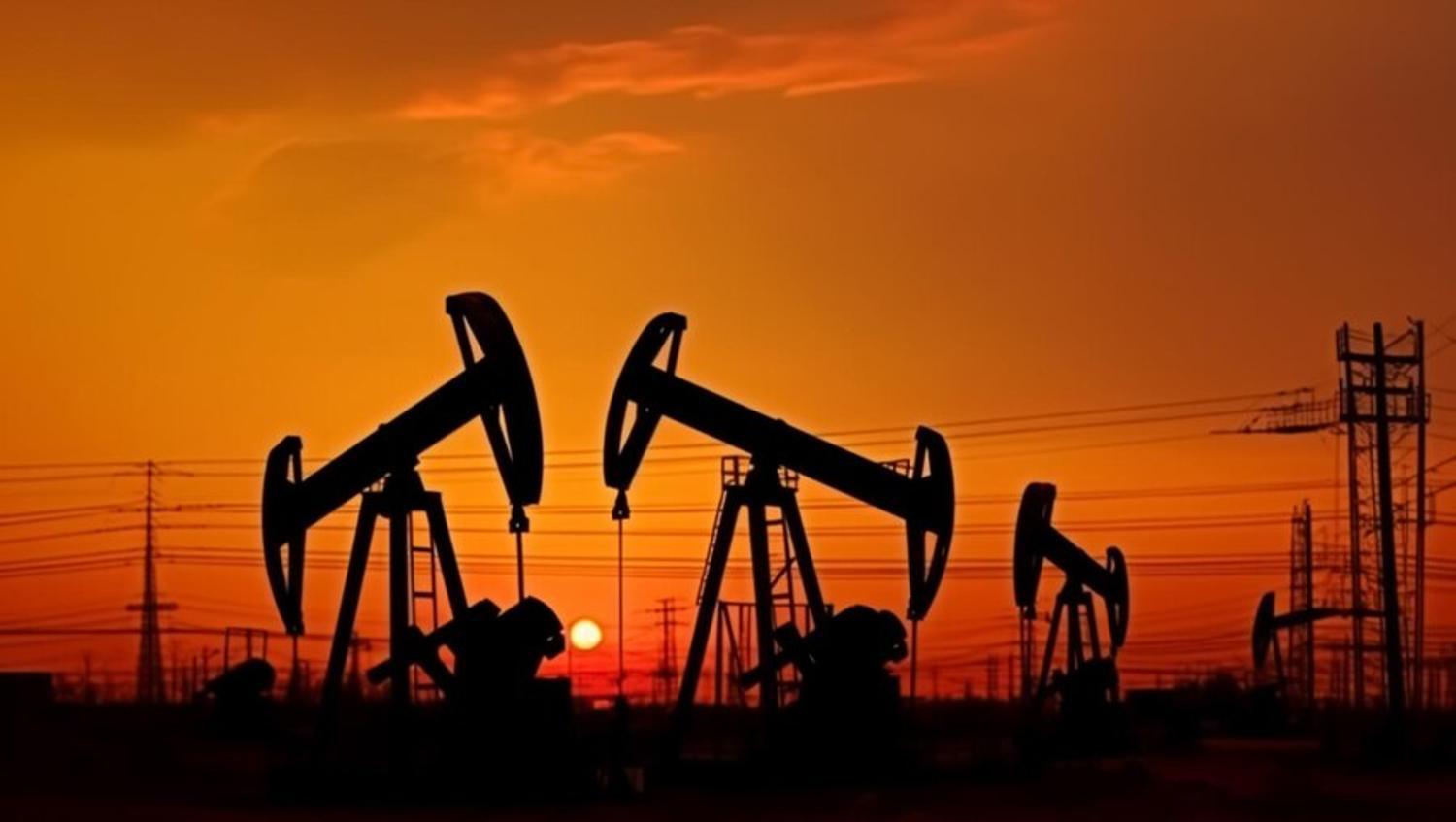
The EPA has issued several violations of the Clean Air Act at 90 Marathon facilities, leading to thousands of tons of pollution being emitted into small communities in the United States.
The fine covers illegal amounts of volatile organic compounds (VOCs) and carbon monoxide, putting residents in North Dakota at risk of inhaling toxic chemicals.
Massive Settlement for the Clean Air Act

David Uhlmann, the assistant administrator of the EPA’s Office of Enforcement and Compliance Assurance issued a statement on the fine.
He claims that “Today’s record Clean Air Act settlement is the most significant to date under EPA’s climate enforcement initiative and makes clear that EPA will hold corporate polluters like Marathon accountable for violations that put communities and our futures at risk.”
Why Is the Pollution So Concerning?
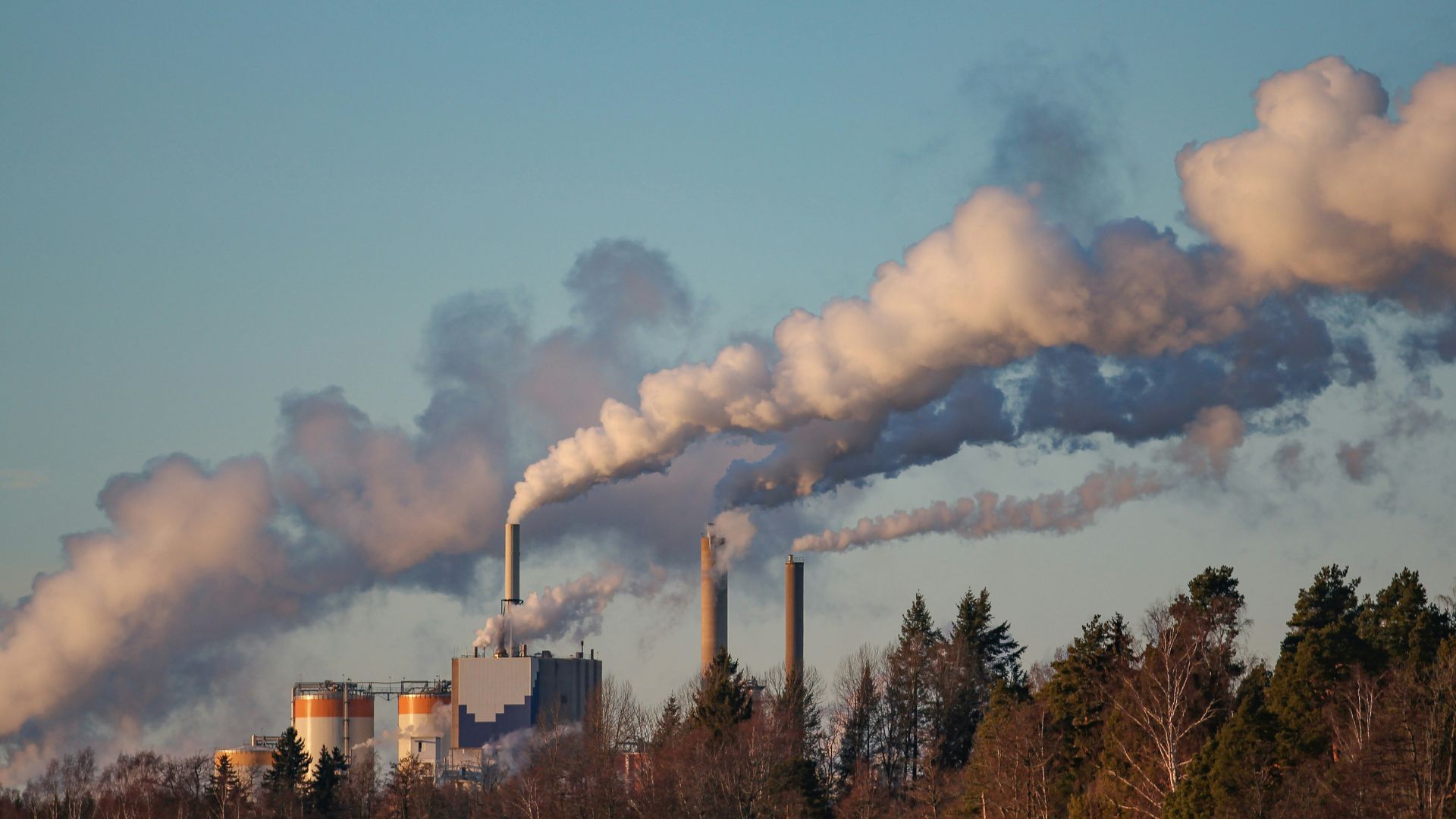
VOCs and carbon monoxide have been directly linked to asthma and respiratory illnesses.
The Minnesota Pollution Control Agency notes that VOC exposure can cause immediate damage to the liver, kidneys, and central nervous system. As well, the CDC notes that carbon monoxide can have detrimental effects on heart disease.
Disastrous Effects on Global Warming
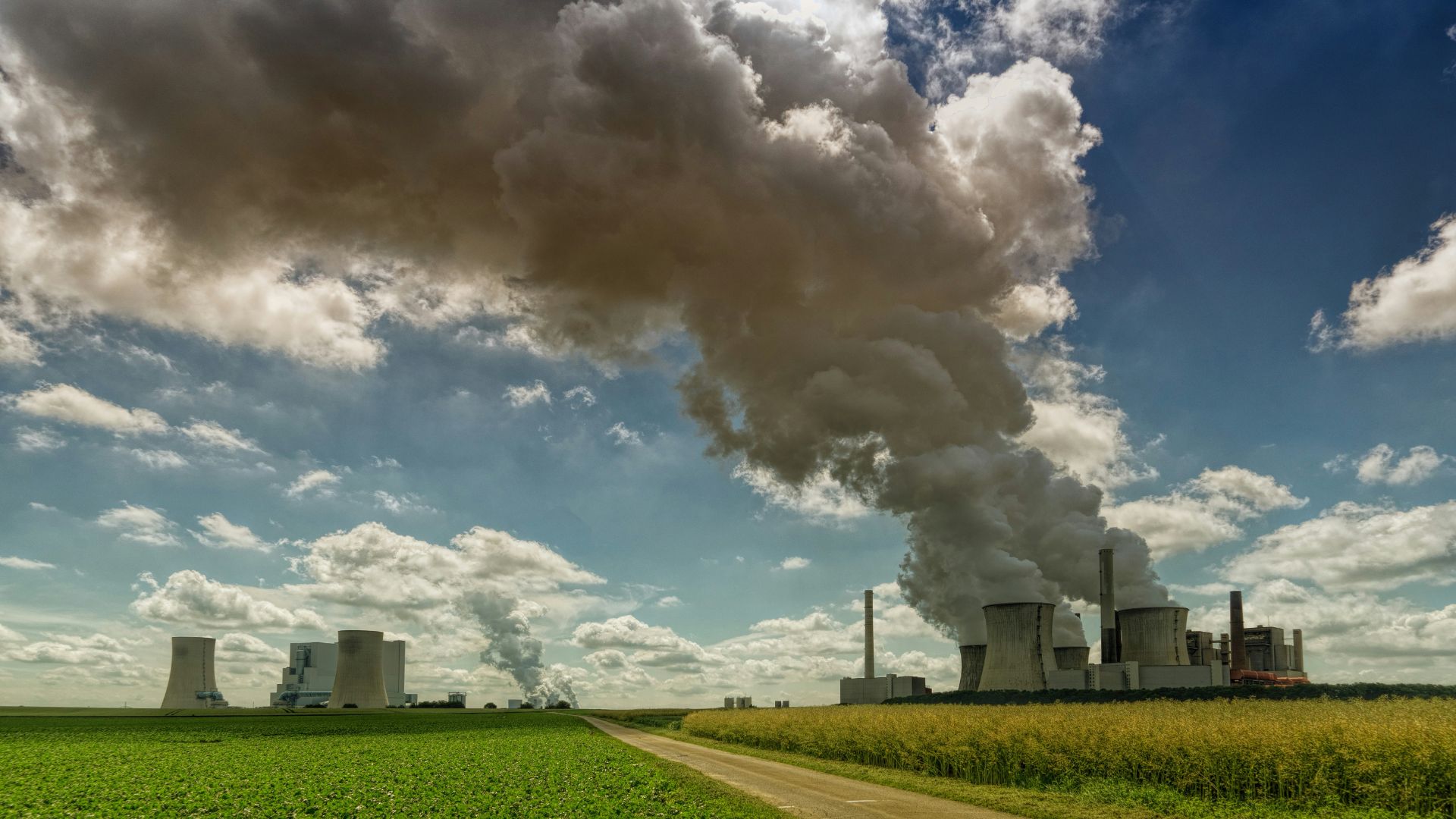
According to the EPA, methane heats the Earth’s atmosphere 28 times faster than carbon dioxide.
When released, it becomes immediately trapped in the atmosphere, which increases global temperatures. Warmer air and water temperatures have been linked to the increased incidence of tropical storms, violent hurricanes, and deadly wildfires.
What Does the Fine Cover?
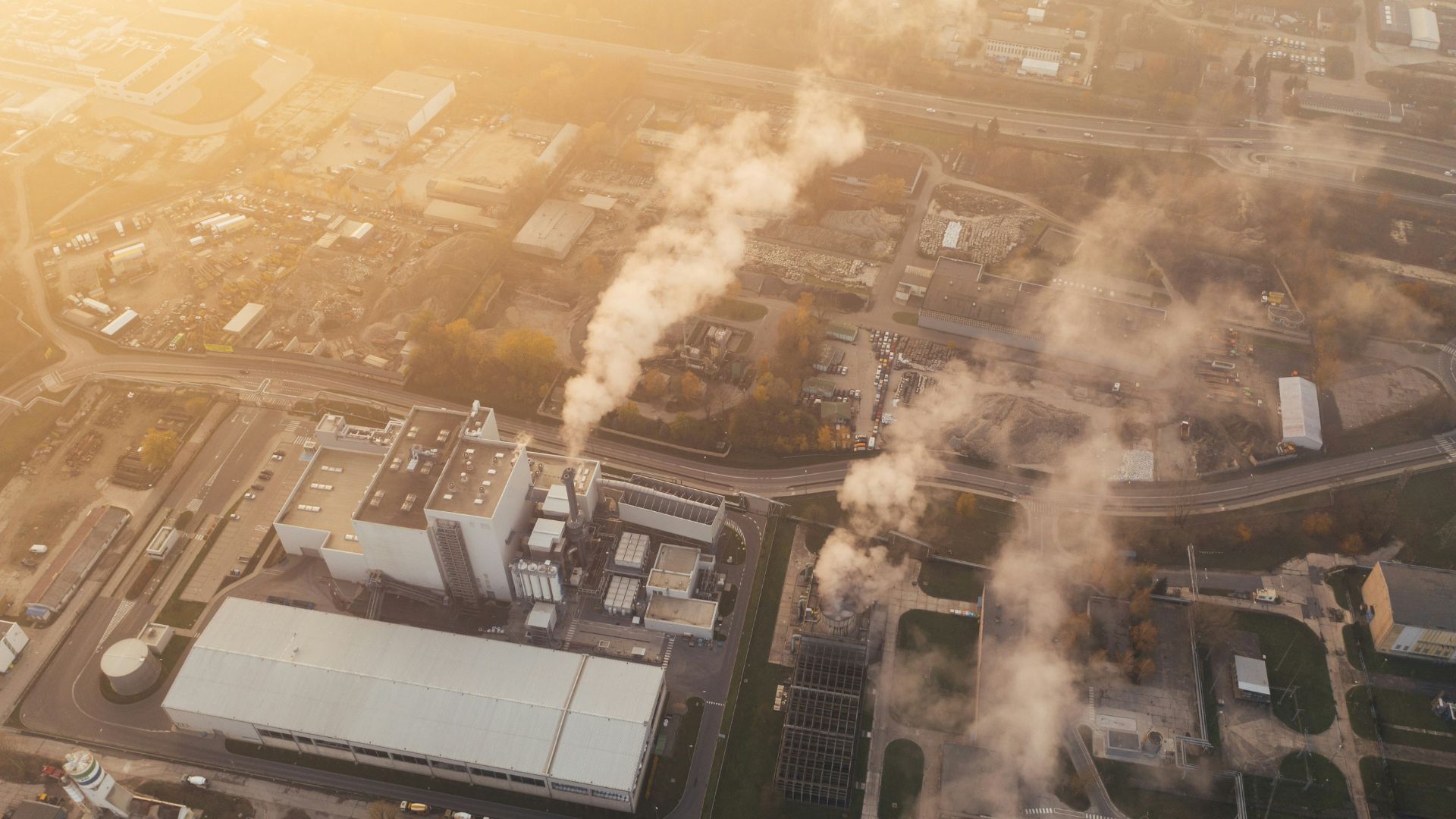
The $64.5 million punishment is meant to enforce strict regulations in the Clean Air Act.
Also, Marathon Oil will be ordered to invest another $177 million to reduce pollution in the environment in the future.
What Is Being Done About Pollution?
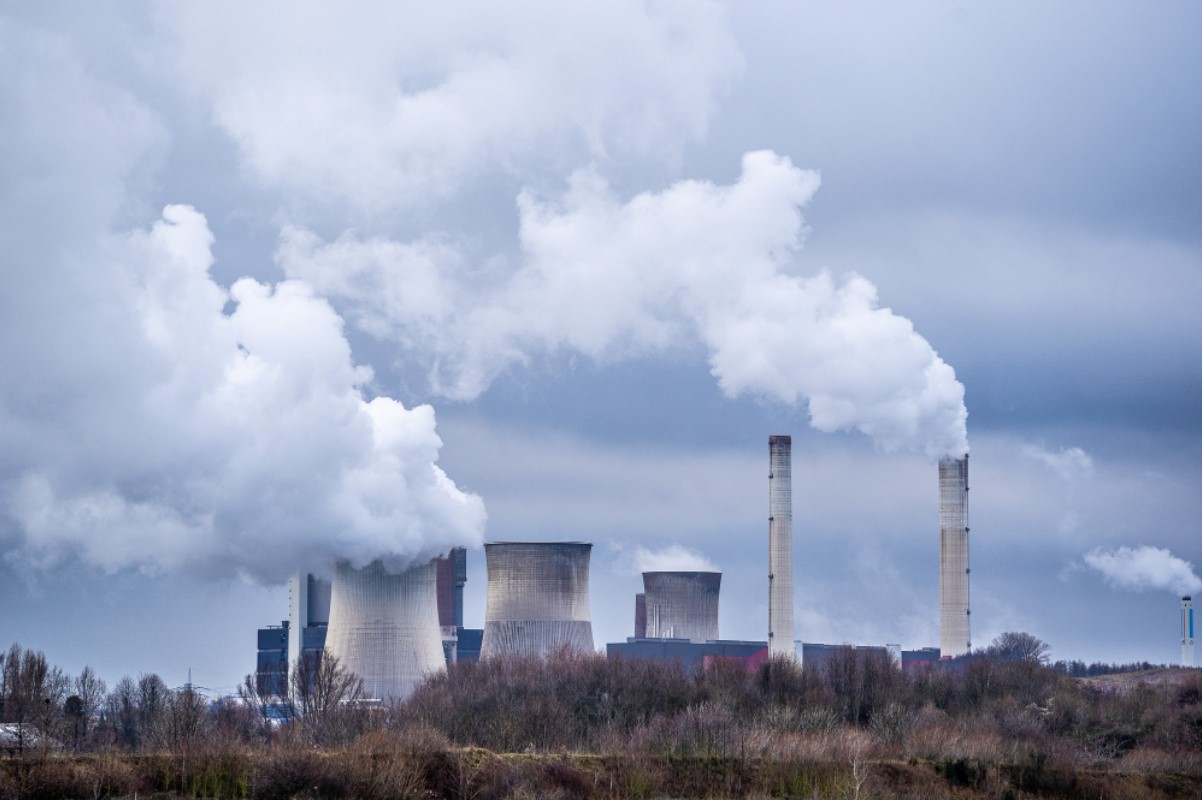
The Marathon Oil fine is meant to serve as a warning to other fossil fuel-based companies that the Justice Department and the EPA will be watching for excessive polluting practices.
The Washington Post has observed that although the company is only the 22nd-largest oil and gas producer in the United States, they are the seventh-largest polluter in the sector.
Marathon Oil Must Follow New Requirements
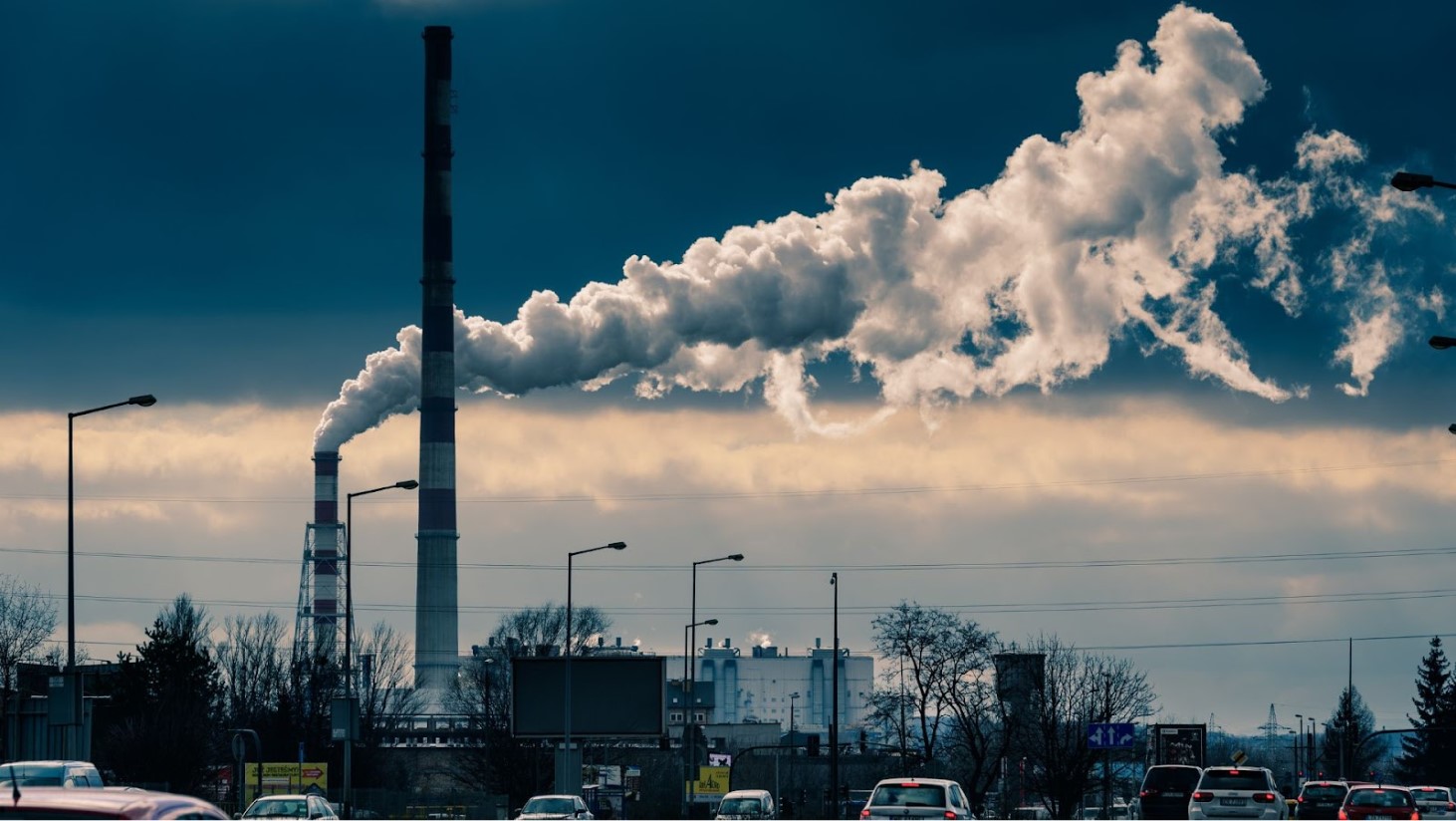
In addition to the record-breaking fine, Marathon will be required to reduce more than 2.25 million tons of carbon dioxide pollution over a five-year span.
They have also been ordered to reduce 110,000 tons of VOC pollution in the same time frame. The EPA will fine them even more if they do not meet these goals.
Not the Only Company Guilty
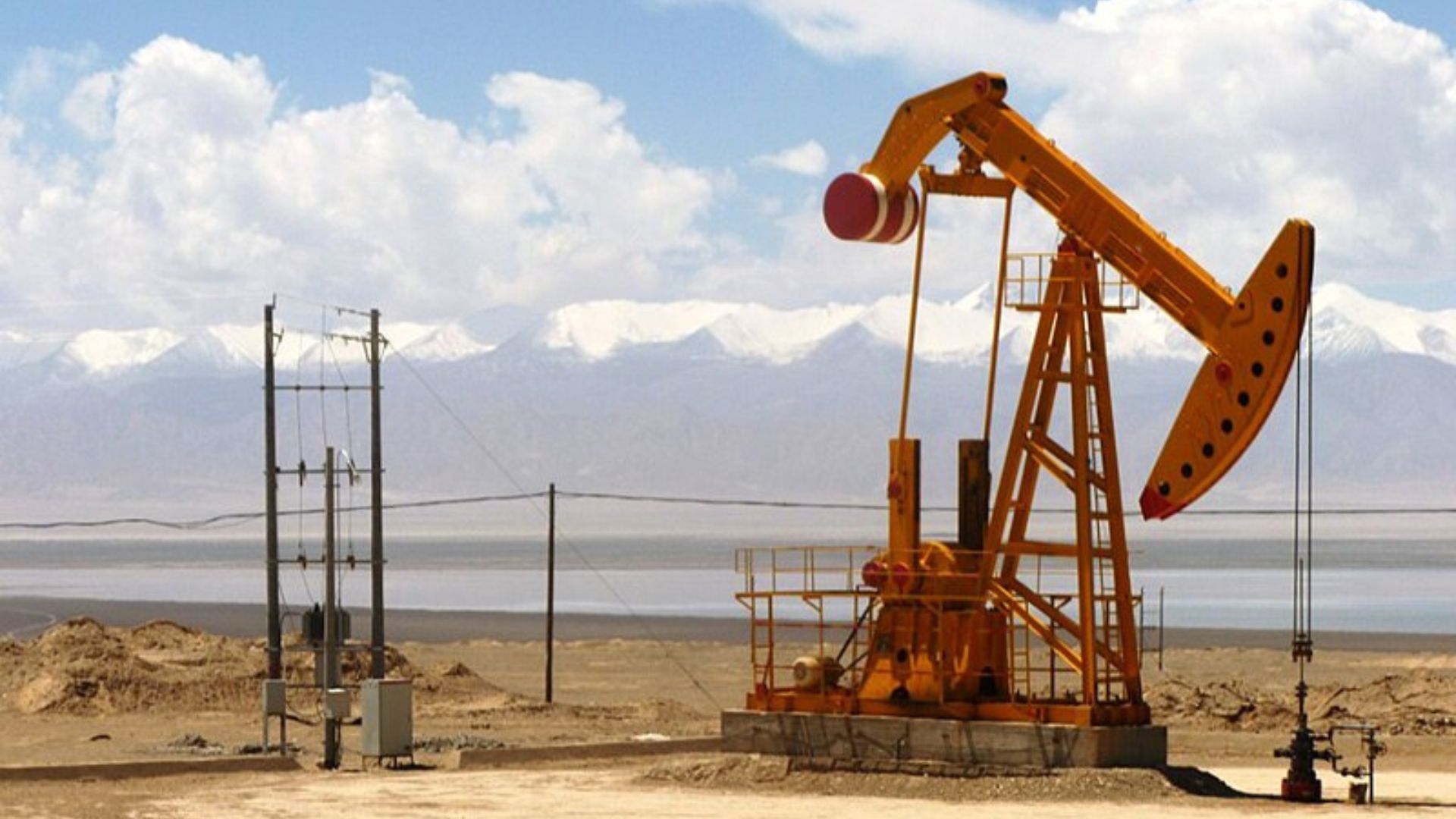
The EPA has warned that other companies may face massive fines in the same region.
There are several companies around the US guilty of pumping millions of litres of toxic fumes and planet-warming chemicals into the environment.
Businesses Often Lie About Green Practices

Although EV maker Tesla promotes itself as a clean option and the future of technology, the company has been guilty of some massive environmental damages.
Earlier this year, the company was fined and sued for millions for violating the Clean Air Act hundreds of times by pumping out toxic chemicals at its manufacturing plant in Fremont, California.
Do Fines Work?
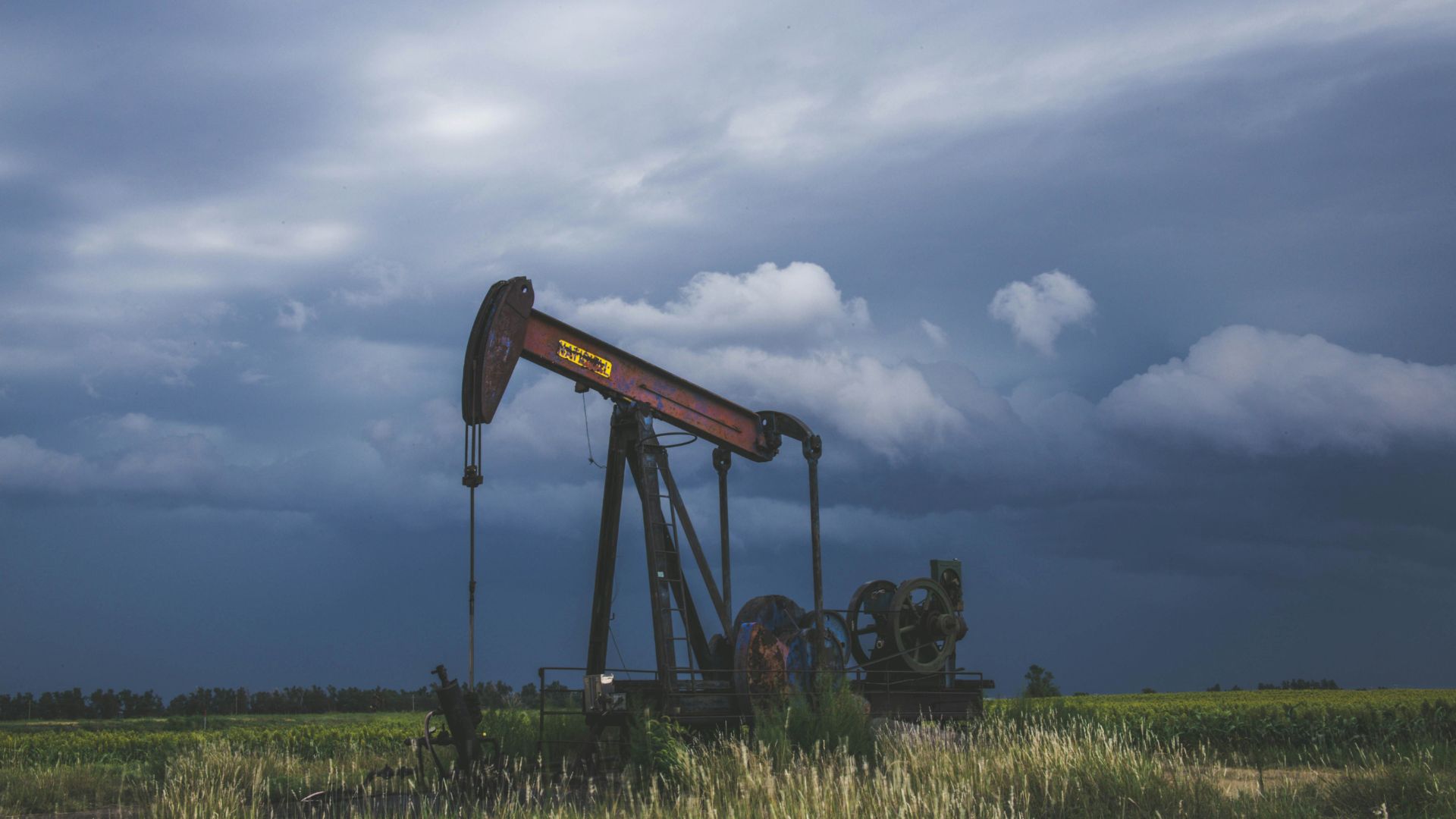
Many customers are left wondering if fines will work in reducing the amount of pollutants a company emits, or if they will just eat the fine and pass the cost onto the customer.
Corporate fins, in essence, don’t always work; it’s often a hit to the revenue produced, but many large corporations restructure, rehire, and move on quickly. It’s up to the company itself to want to partake in better practices for their own ethical dealings.








































